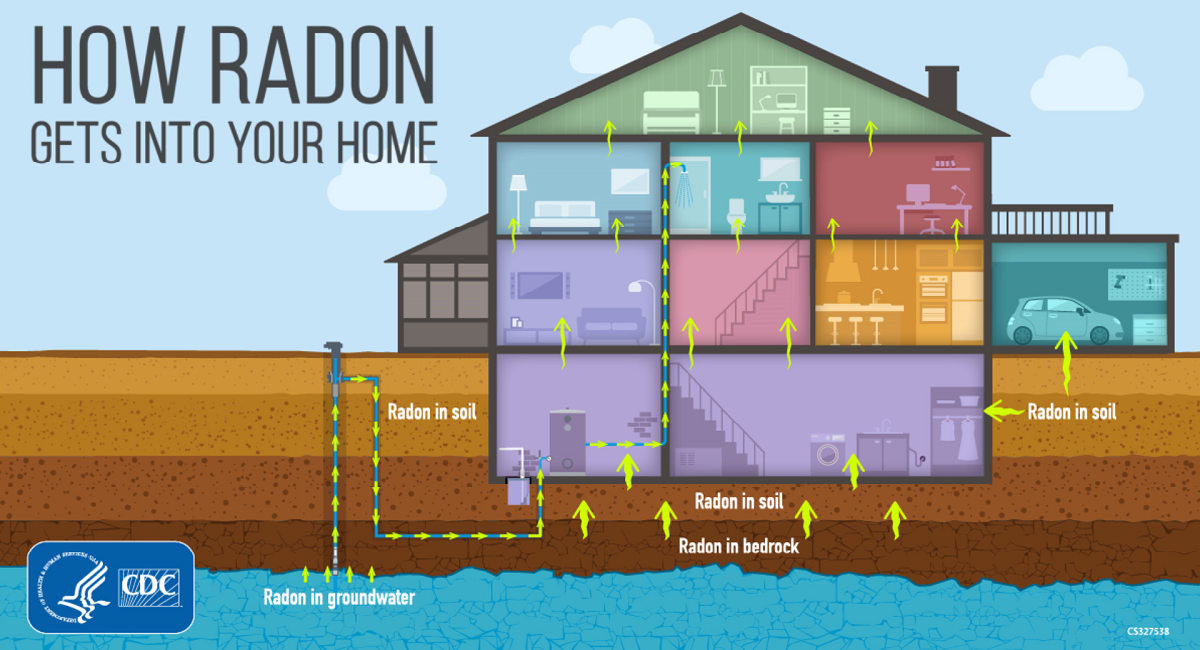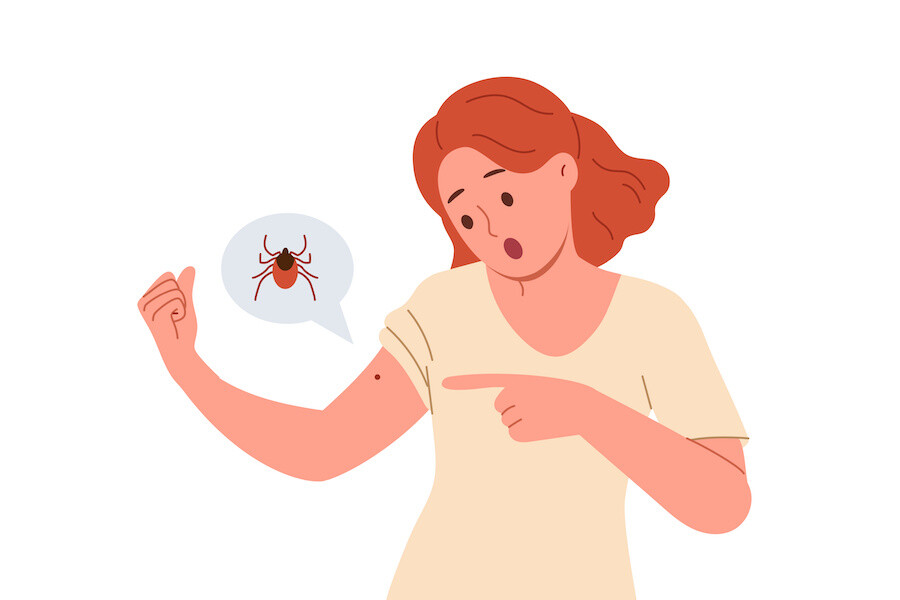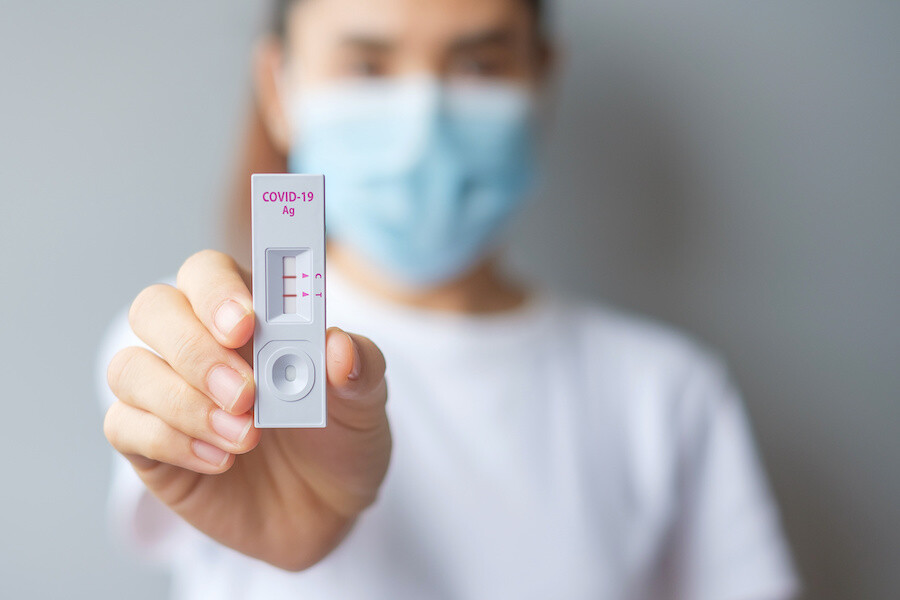Drug overdose deaths in the United States declined between 2022 and 2023, according to recent data from the Centers for Disease Control and Prevention (CDC). While this is a positive trend, the CDC cautioned that drug overdoses remain a persistent public health issue and are ranked as the fourth leading cause of death in the United States.
Nationally, the age-adjusted rate of drug overdose deaths in the U.S. fell 4 percent, from 32.6 deaths per 100,000 people to 31.3. The decrease was driven by 20 states where the drug overdose death rate fell significantly, including Connecticut. This rate was largely unchanged in 25 states and went up in six states.
Although Connecticut’s drug overdose death rate remained above the national average at 35.2 per 100,000 people, this marked a 12.6 percent decrease from 2022. The fatal overdose rate in Connecticut fell for opioid-related overdoses and synthetic opioids other than methadone but rose slightly for cocaine and psychostimulants with the potential for abuse.
To see the CDC’s complete findings, click here.
Uncas Health District’s services include efforts to reduce harm from drug overdose, including a syringe exchange program, increasing access to naloxone to reverse the effects of opioid overdoses, and connecting people with drug treatment services. More information is available here.






